From Black Swan to Digital Transformation, Unprecedented Growth Unfolds
By MYBRANDBOOK
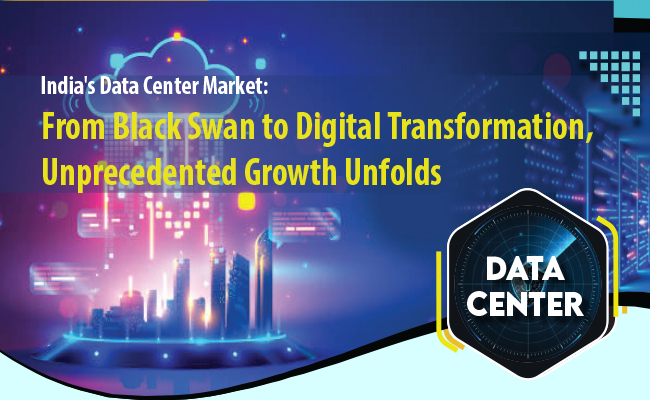
The data center market in India is experiencing unprecedented growth, fueled by the increasing digitization of businesses, surging data consumption, and the widespread adoption of cloud services. As India’s economy rapidly transforms into a digitally-driven landscape, the demand for robust and reliable data center infrastructure has become more critical than ever before.
The Current Landscape of India’s Data Center Market
Amidst the surge in data consumption, rapid adoption of cloud technology, and an unprecedented surge in technological needs, Indian corporations are making significant investments to propel themselves forward. These investments are aimed at addressing the staggering demand for data center services, which is projected to require a development of approximately 6 million square feet over the next three years. This remarkable growth showcases the criticality of robust data center infrastructure in today’s landscape.
Several Indian businesses have embarked on digital transformation initiatives, increasing demand for data and internet bandwidth across the country. These developments are driven by the growth of social media, the proliferation of smart devices, the localization of data, the rising popularity of cloud services, and the efforts of these businesses.
India has seen a dramatic increase in the use of digital payments, IoT, and smart gadgets across India. Due to the country’s technologically sophisticated young, data centers will be in high demand as the country’s increasing reliance on digital gadgets generates enormous amounts of data. There are sectors such as finance, education, and retail were mandated to embark on their digital transformation journeys, further fueling the momentum. In this dynamic landscape, the importance of resilient data center infrastructure has become more evident than ever before. As Indian businesses embrace digitalization and strive to meet the evolving needs of a tech-savvy population, the reliance on robust data center services has become paramount. The ability to securely store, process, and manage vast amounts of data has become a linchpin in driving growth and ensuring competitiveness in today’s digital era. To support this growing demand, businesses are focusing on expanding their data center capabilities, investing in state-of-the-art facilities, and leveraging cutting-edge technologies. These advancements enable them to effectively handle the increasing data loads, accelerate application performance, and provide seamless digital experiences to their customers.
Additionally, the government’s commitment to fostering a digital-first economy has gained considerable momentum. The emphasis on digital transformation and data localization has become a key pillar of their strategy. By mandating the digitization of crucial sectors, the government aims to drive efficiency, enhance transparency, and secure sensitive data within the nation’s borders.
As a result of these initiatives, the data center market in India is experiencing a significant boost. Major players in the industry are expanding their operations, constructing advanced data center facilities, and establishing strategic partnerships to meet the evolving needs of businesses across various sectors. This heightened focus on data center infrastructure development reflects the nation’s determination to harness the full potential of technology and create a thriving digital ecosystem.
Market Size and Growth Potential
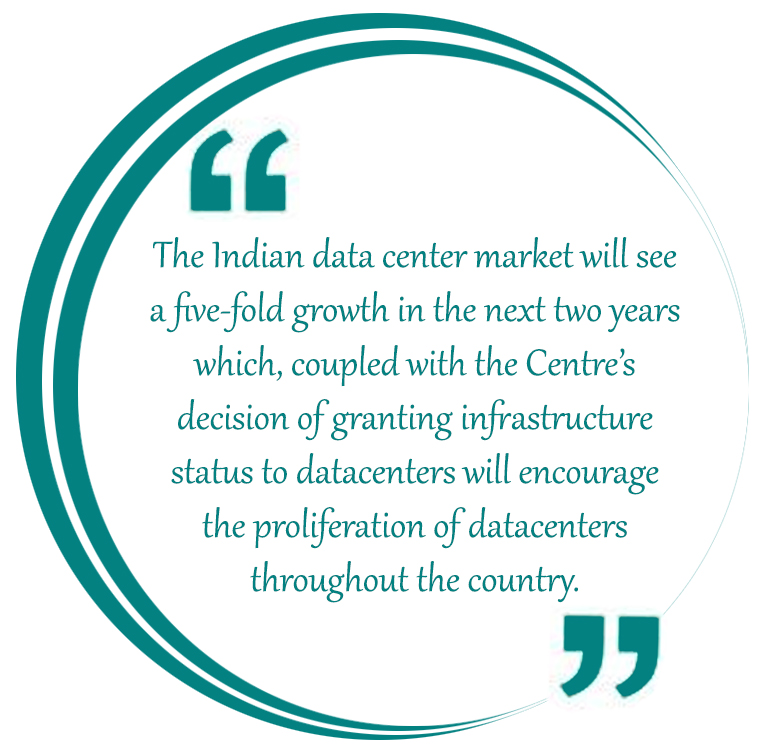 The data center market in India is experiencing rapid growth, with the value expected to reach USD 10.09 billion by 2027, exhibiting a compound annual growth rate (CAGR) of 15.07% during the period 2022-2027. The rising data consumption, cloud adoption, and the proliferation of digital services are key factors contributing to this growth. The Indian market for constructing data centers is projected to grow from $1.52 billion in 2022 to $3.46 billion by 2028, exhibiting a compound annual growth rate (CAGR) of 14.76%.
The data center market in India is experiencing rapid growth, with the value expected to reach USD 10.09 billion by 2027, exhibiting a compound annual growth rate (CAGR) of 15.07% during the period 2022-2027. The rising data consumption, cloud adoption, and the proliferation of digital services are key factors contributing to this growth. The Indian market for constructing data centers is projected to grow from $1.52 billion in 2022 to $3.46 billion by 2028, exhibiting a compound annual growth rate (CAGR) of 14.76%.
Data center infrastructure has become a critical requirement for delivering internet services. These data centers are primarily concentrated in major metropolitan areas such as Mumbai, Chennai, Hyderabad, Bangalore, and Delhi. And have attracted significant investments in developing large-scale data center campuses. With the launch of 5G technology in India, there will be a significant increase in data generation within servers.
This surge in data necessitates the establishment of edge centers across the country to process and handle data at a faster pace. The demand for edge computing is primarily driven by the growing use of consumer mobile devices, especially the proliferation of sensors as part of the Internet of Things (IoT) ecosystem.
While major metropolitan cities like Mumbai, Delhi, and Bangalore continue to serve as the primary data center hubs in India, there is a growing trend of establishing data centers in tier-2 cities to cater to regional demand. Cities such as Chennai, Hyderabad, and Pune are emerging as significant data center locations due to factors such as favorable infrastructure, cost advantages, and geographical benefits.
Major Players in India’s Data Center Market
In 2022, the India data center construction market saw the presence of prominent players such as AWS, AdaniConneX, Ascendas India Trust, Equinix, EverYondr, Princeton Digital Group (PDG), BAM Digital Realty, Microsoft, Google, NTT, and SpaceDC. These companies played a significant role in shaping the market landscape.
AdaniConneX: AdaniConneX emerged as a leader in terms of investment in the India data center construction market. They made substantial investments in multiple projects across the country, solidifying their position as a major player in the industry.
The market’s competitiveness has led many operators to invest in new facilities and expand their existing ones. This surge in customer demand has created a highly competitive environment in the region. New entrants are also entering the market, investing in the construction of core and shell properties throughout the country. These new facilities are expected to be fully operational within the next two to three years after the initial construction phase.
Tata Communications: Tata Communications, a leading global telecommunications provider, operates a network of data centers in India. With state-of-the-art facilities and a comprehensive suite of data center services, Tata Communications caters to the evolving needs of enterprises, cloud service providers, and digital businesses.
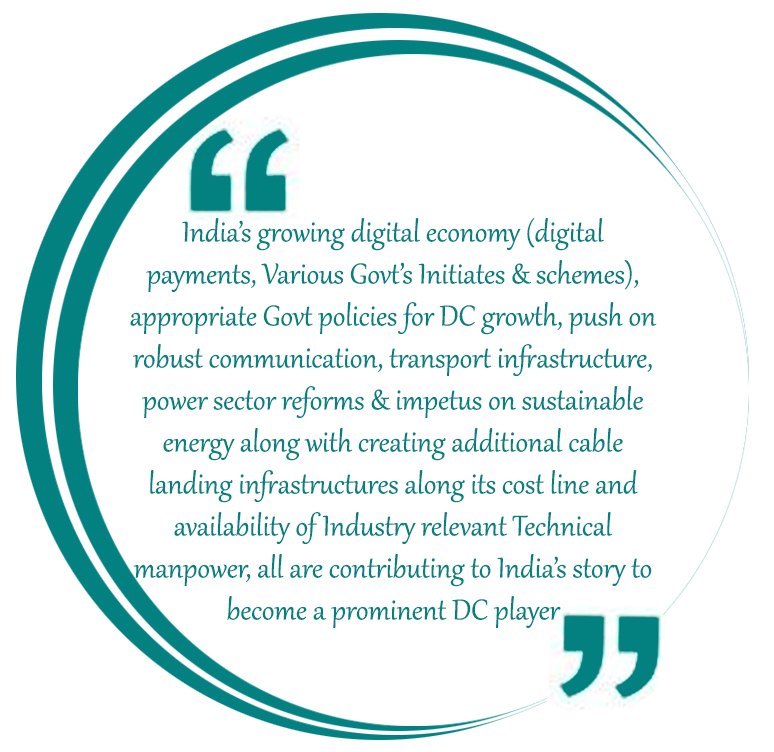 Sify Technologies: Sify Technologies is a prominent player in India’s data center market, offering a wide range of colocation, cloud, and managed services. With strategically located data centers across the country, Sify Technologies serves diverse industries, including banking and finance, e-commerce, healthcare, and government sectors.
Sify Technologies: Sify Technologies is a prominent player in India’s data center market, offering a wide range of colocation, cloud, and managed services. With strategically located data centers across the country, Sify Technologies serves diverse industries, including banking and finance, e-commerce, healthcare, and government sectors.
NTT Data: NTT DATA – a part of NTT Group is a leading provider of data center and cloud services in India. With a robust portfolio of solutions, including colocation, managed hosting, and cloud infrastructure. It help clients transform through consulting, industry solutions, business process services, IT modernization and managed services.
CtrlS Datacenters: CtrlS Datacenters is a pioneering player in India’s data center market, offering highly resilient and energy-efficient facilities. With a focus on delivering mission-critical infrastructure, CtrlS Datacenters serves industries such as banking and finance, e-commerce, IT and IT-enabled services, and telecommunications.
ESDS: ESDS began its operations from Nashik (India) in 2005.It offers to diversified industries that include government ministries & companies and corporate entities across sectors such as BFSI, manufacturing, IT and ITES, telecom, real estate, pharmaceuticals, retail and education. First company in India to introduce cloud computing, through the introduction of our in-house developed eNlight Cloud. It offers wide range of products include IaaS, SaaS and Managed Services.
STT GDC India: STT GDC India, a subsidiary of ST Telemedia Global Data Centres, operates a network of state-of-the-art data centers across major cities in India. With a strong commitment to sustainability and customer-centric solutions, STT GDC India caters to the evolving needs of enterprises and cloud service providers.
Yotta Infrastructure: Yotta Infrastructure Powered by the Hiranandani Group, it designs, builds and operates infinitely scalable Data Center Parks. It’s 50+ Acres of Data Center Parks offers 11 Data Center buildings with options ranging from a single rack to an entire building, or even your own customised DC, supported with a wide range of managed services.
Web Werks: The Web Werks – Iron Mountain Data Centers (IMDC) is India’s leading Data Center to have made it to the Asia’s top DC list and ranked with-in top 5 in Cloudscene’s H1, 2019 Data Center Ecosystem Leaderboard. Web Werks have built a ‘neutral’ carrier, content and cloud interconnect ecosystem with 8 Telcos and over 160+ Internet Service Provider (ISP) networks and Multiple Internet Exchanges available at its facilities.
Future of Data Center are the Hyperscalers
Hyperscale data centers are a critical part of the cloud computing infrastructure. They are helping to make cloud computing more accessible and affordable for businesses and individuals around the world.
Hyperscalers will remain at the forefront of adopting and developing advanced technologies to optimize data center operations. This includes advancements in areas such as artificial intelligence, machine learning, virtualization, software-defined infrastructure, and automation. These technologies enable hyperscalers to enhance efficiency, scalability, and resource utilization within their data centers.
Hyperscalers are expanding their presence in edge computing by establishing edge data centers closer to end-users. Edge computing allows for faster data processing, reduced latency, and improved performance for latency-sensitive applications. Hyperscalers will leverage edge data centers to support emerging technologies like 5G, IoT, autonomous vehicles, and augmented reality.
Government Push
CRISIL, a prominent rating agency, has made a noteworthy prediction for India’s data center industry. By 2025, the country’s data center capacity is expected to double, reaching an impressive range of 1,700 to 1,800 MW. To put this into perspective, the current capacity stands at approximately 870 MW. The director of CRISIL further adds that between 2023 and 2025, India is projected to witness the addition of an impressive 890 to 900 MW of capacity.
Simultaneously, the Indian government is actively bolstering its digital initiatives to create an enabling environment for data center services. A crucial objective in this endeavor is data localization, which aims to ensure that 75% of data remains within the country’s borders, enhancing data security and sovereignty.
Recognizing the immense potential of the data center industry, the Ministry of Electronics and Information Technology (MEITY) devised a comprehensive strategy in 2020. This strategic move elevated data centers to a higher “infrastructure status,” aligning them with essential sectors such as roadways, railways, and electricity. By doing so, the government aims to streamline the approval process for data center services, as establishing a data center in the nation previously required navigating through numerous approval stages, often as many as 40.
Furthermore, the Ministry of Economy, Industry, Trade, and Energy has made a significant announcement, granting Special Economic Zone (SEZ) designation to cloud data centers. This designation brings additional benefits, including the provision of free land, water, and power. These measures aim to facilitate and expedite the setup process for businesses venturing into the data center space, reducing unnecessary hurdles and administrative complexities.
In addition to these initiatives, data center services in India may also enjoy advantageous incentives in select states. Maharashtra, Karnataka, and Uttar Pradesh, for instance, offer tax breaks, energy subsidies, and discounts on land costs. These incentives not only attract investments but also contribute to the overall growth and development of the data center market in India.
Through a combination of forward-thinking policies, strategic initiatives, and favorable incentives, India is poised to strengthen its position in the data center industry, offering a thriving ecosystem for businesses to thrive and cater to the growing demands of the digital age.

Data center growth in Tier-II and III cities
The growth of data centers in Tier II and Tier III cities historically was slow compared to metro cities. At that time, data centers needed a consistent power source, which was a problem that existed, besides having other obstacles like the availability of fiber optic cables, favourable land areas, and proximity to consumer locations. But this will soon change with many Tier II and Tier III cities gearing up to witness the next wave of growth as more Edge data centers will be built in these locations to cater to the last-mile needs, thereby bridging the digital divide. There has also been interest from state governments, encouraging data center companies to set up edge data centers in numerous smaller cities.
Future Outlook and Challenges
Data Localization and Security The Indian government’s emphasis on data localization and ensuring data security presents both opportunities and challenges for the data center industry. As data sovereignty becomes a priority, data center operators must comply with stringent regulations and adopt robust security measures to protect sensitive data.
Infrastructure Development and Power Requirements The exponential growth of the data center market in India necessitates a focus on infrastructure development, including the availability of adequate land, electricity, and connectivity. Addressing these infrastructure limitations is crucial to meet the increasing demand for data center services.
Environmental Sustainability As the data center industry expands, concerns about its environmental impact are growing. Energy management and renewable energy adoption are crucial aspects that data center operators need to address to ensure sustainability and reduce carbon footprints.
India’s data centre industry is set to witness continued growth, with a strong pre-commitment pipeline expected to result in a supply addition taking the industry’s capacity to 1,400 MW by the end of 2025. The rising use of digital technology, the migration of IT infrastructure to third-party providers, and the growing usage of data from new and existing channels will result in the addition of 678 MW to the digital transformation industry between 2023 and 2025. This expansion is expected to drive a demand for 9.1 million sq ft of real estate space, requiring a total investment of $4.8 billion in both the data centre infrastructure and real estate of the data centre sector, showed a JLL India study. India’s data centre industry is set to witness continued growth, with a strong pre-commitment pipeline expected to result in a supply addition taking the industry’s capacity to 1,400 MW by the end of 2025.
Conclusion
India’s data center market is witnessing unparalleled growth, driven by the country’s digital transformation journey and increasing data consumption. With key players such as Tata Communications, Sify Technologies, Netmagic Solutions, CtrlS Datacenters, and STT GDC India leading the way, the industry is poised for significant expansion. However, addressing infrastructure limitations, ensuring data security, and adopting sustainable practices are critical challenges that need to be overcome. By leveraging emerging technologies, fostering innovation, and embracing environmental sustainability, India can position itself as a global powerhouse in the data center market.
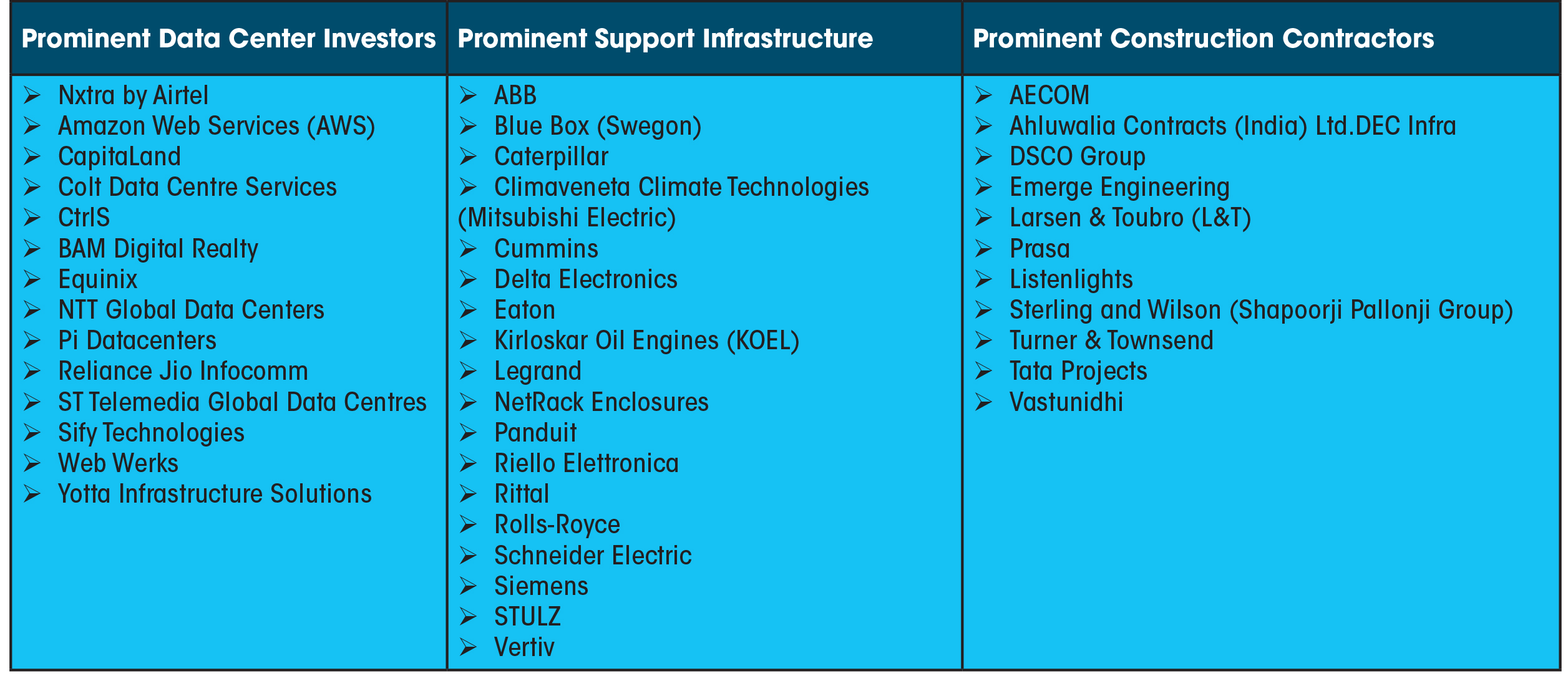


Legal Battle Over IT Act Intensifies Amid Musk’s India Plans
The outcome of the legal dispute between X Corp and the Indian government c...

Wipro inks 10-year deal with Phoenix Group's ReAssure UK worth
The agreement, executed through Wipro and its 100% subsidiary,...

Centre announces that DPDP Rules nearing Finalisation by April
The government seeks to refine the rules for robust data protection, ensuri...

Home Ministry cracks down on PoS agents in digital arrest scam
Digital arrest scams are a growing cybercrime where victims are coerced or ...


Icons Of India : ASHISH KUMAR CHAUHAN
Ashish kumar Chauhan, an Indian business executive and administrator, ...
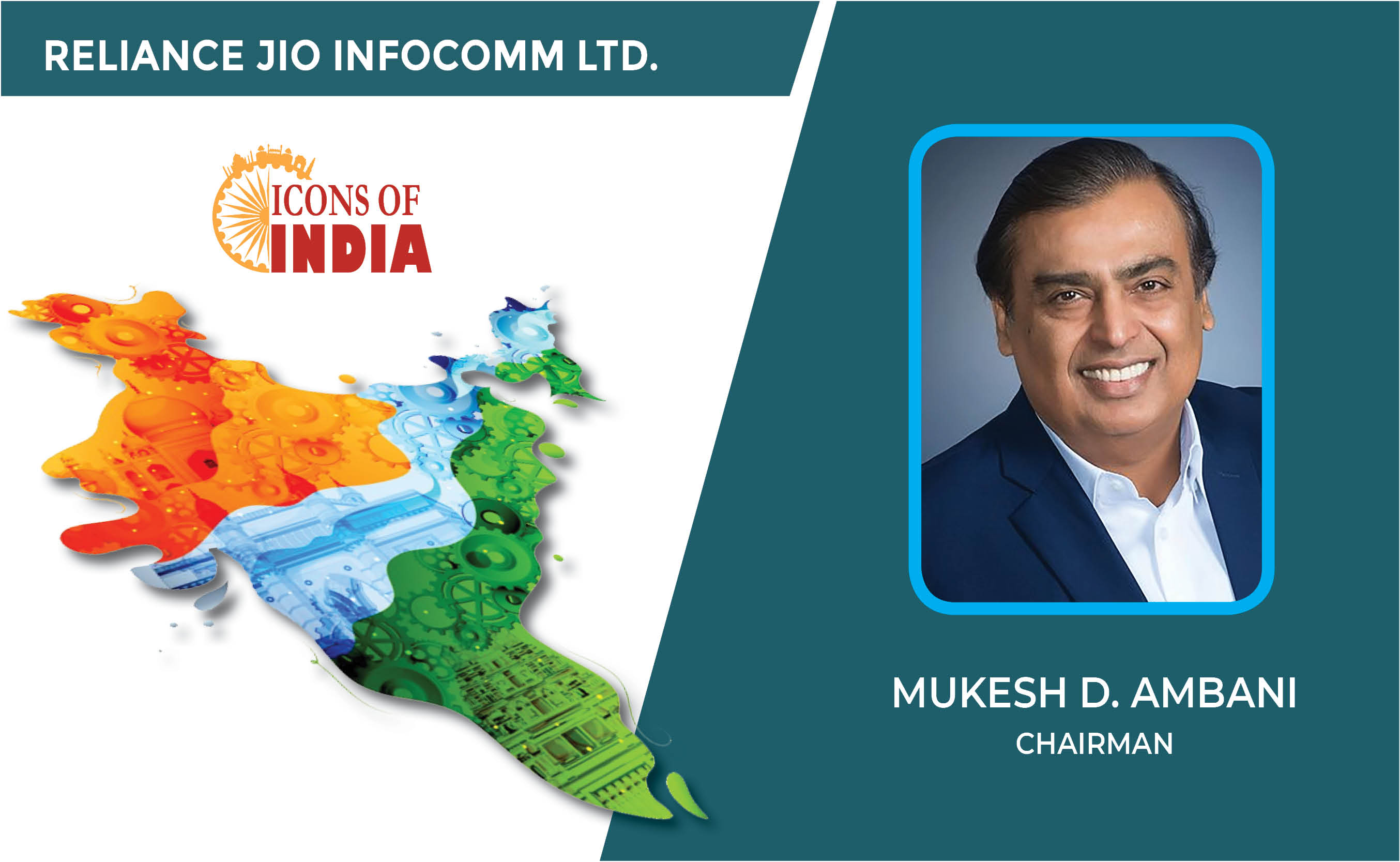
Icons Of India : MUKESH D. AMBANI
Mukesh Dhirubhai Ambani is an Indian businessman and the chairman and ...
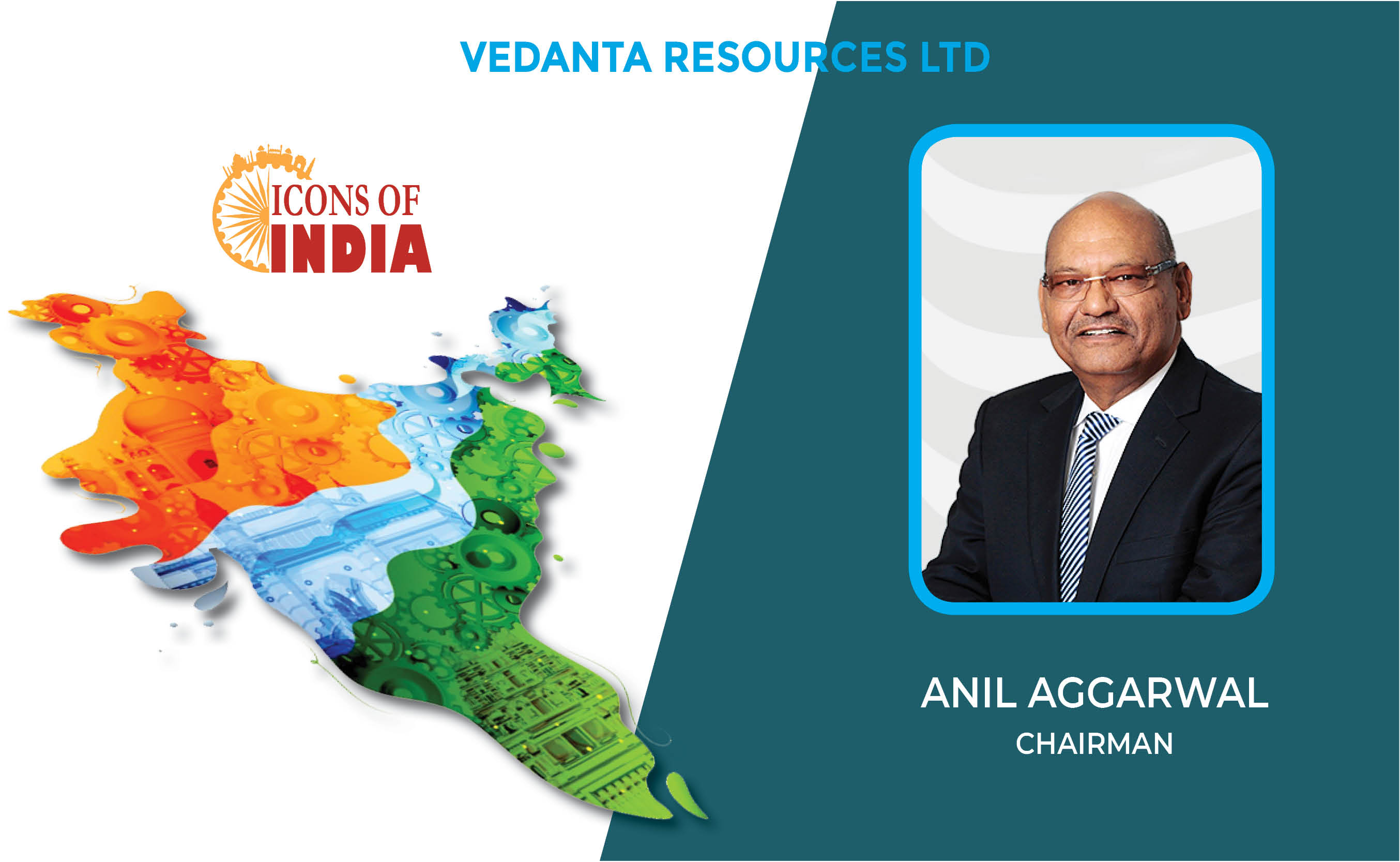
Icons Of India : Anil Agarwal
Anil Agarwal, the Founder and Chairman of Vedanta Resources Ltd., is r...

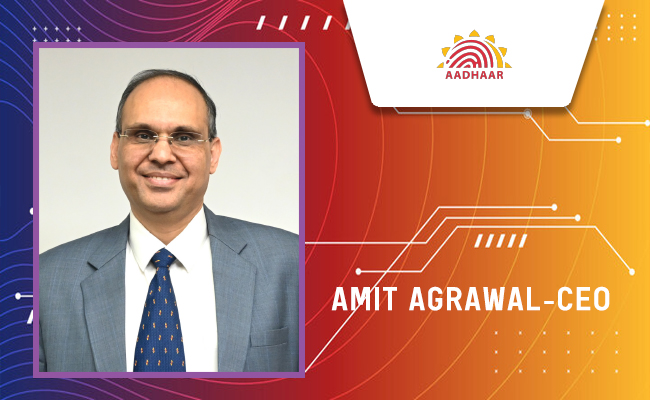
UIDAI - Unique Identification Authority of India
UIDAI and the Aadhaar system represent a significant milestone in Indi...

IREDA - Indian Renewable Energy Development Agency Limited
IREDA is a specialized financial institution in India that facilitates...
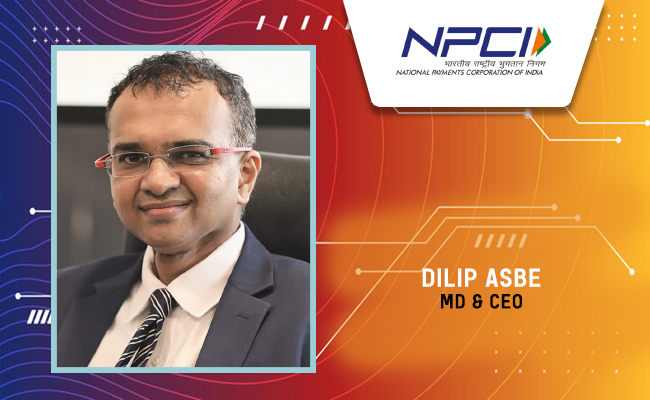
NPCI - National Payments Corporation of India
NPCI is an umbrella organization for operating retail payments and set...

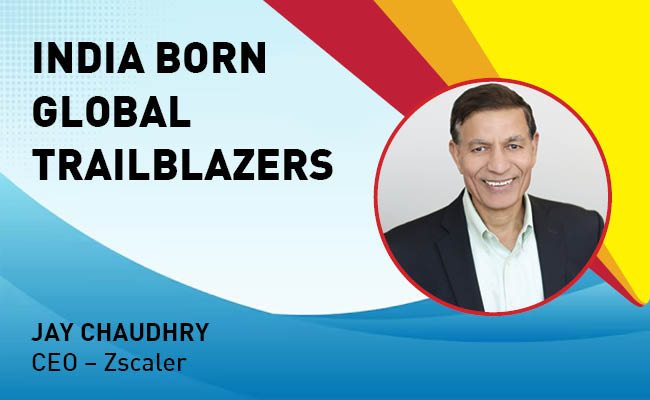
Indian Tech Talent Excelling The Tech World - JAY CHAUDHRY, CEO – Zscaler
Jay Chaudhry, an Indian-American technology entrepreneur, is the CEO a...
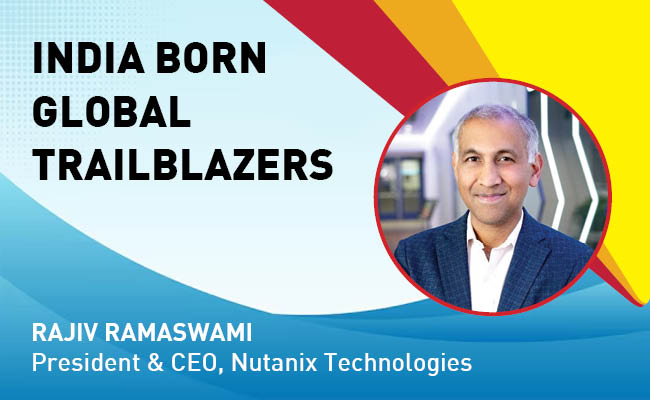
Indian Tech Talent Excelling The Tech World - Rajiv Ramaswami, President & CEO, Nutanix Technologies
Rajiv Ramaswami, President and CEO of Nutanix, brings over 30 years of...

Indian Tech Talent Excelling The Tech World - ANJALI SUD, CEO – Tubi
Anjali Sud, the former CEO of Vimeo, now leads Tubi, Fox Corporation�...
 of images belongs to the respective copyright holders
of images belongs to the respective copyright holders